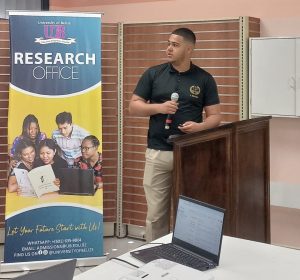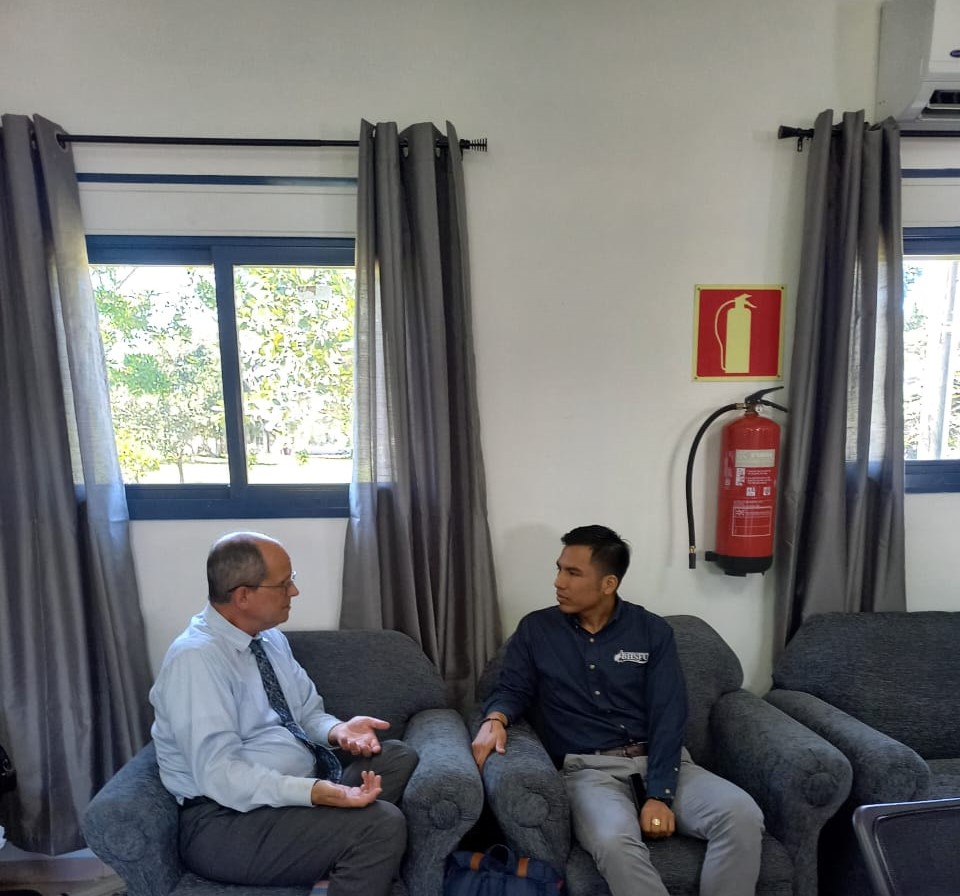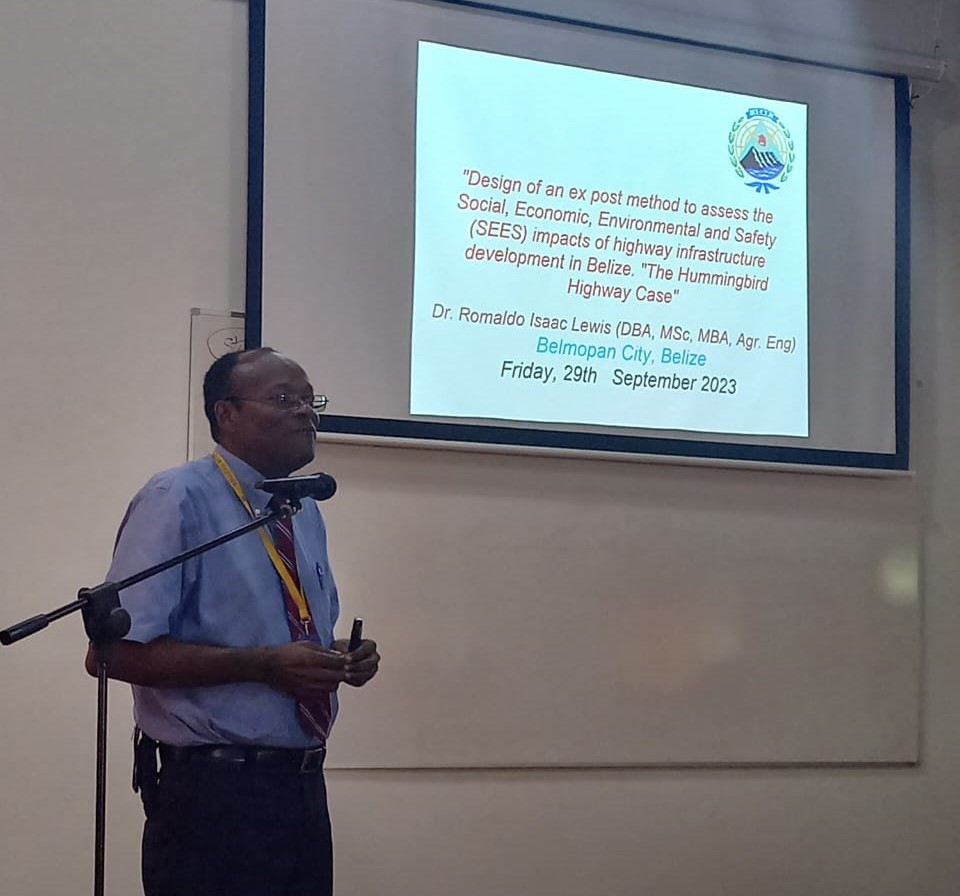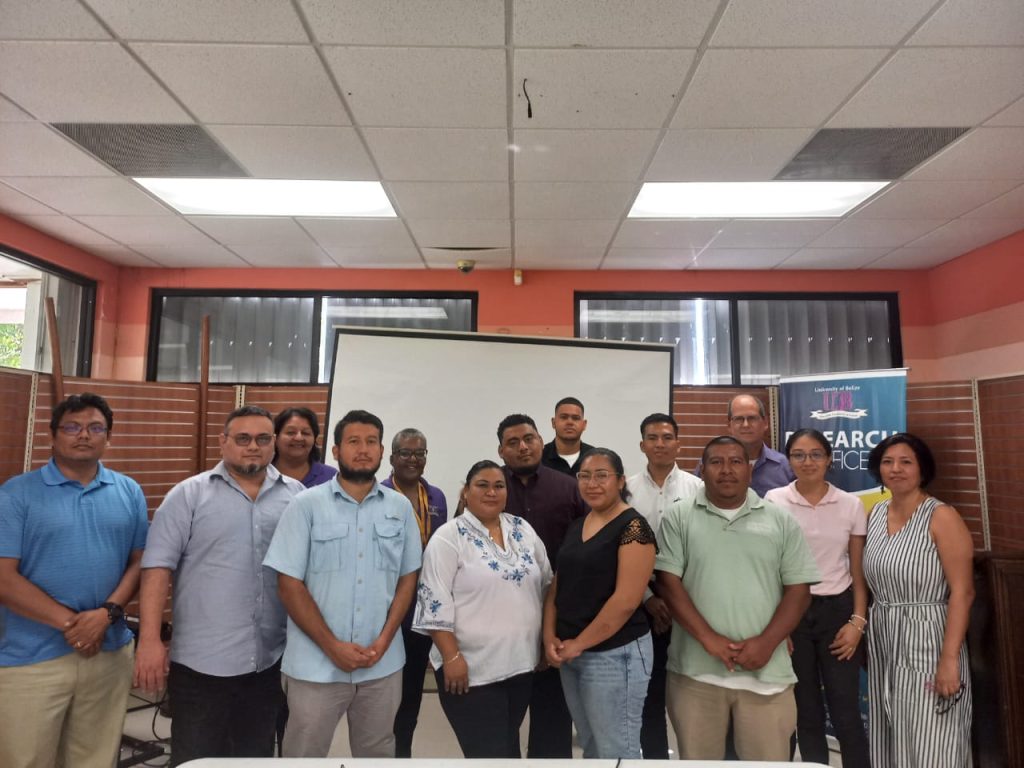Creating our Children’s future
Our mission is to inspire a maplifelonglove of learning with a focus on scholarship. For 23 years of existence,Ed hasmore.
Care About Us
Where Learning Begin
Building a strong sense of community in Greenville school
Community - Building Approaches

Opening Schedule
A small river named Duden flows by their place and supplies it with the necessary regelialia. It is a paradise
Our ekit SCHOOL courses
What do you want to learn today?

Your Complete Guide to Photography

Learn Python – Interactive Python

Introduction to Edu_Learn LMS Plugin

Your Complete Guide to Photography

Learn Python – Interactive Python

Introduction to Edu_Learn LMS Plugin






A small river named Duden flows by their place and supplies it with the necessary regelialia. It is a paradisematic country, in which

A small river named Duden flows by their place and supplies it with the necessary regelialia. It is a paradisematic country, in which

A small river named Duden flows by their place and supplies it with the necessary regelialia. It is a paradisematic country, in which
Latest ekit news
Ekit Latest News
Get the app in Playstore
Lets get the app and try ekit for free and no creadit card required
MISSION

The Research Office at the University of Belize exists to coordinate, build, and facilitate the ongoing development of the human and institution’s research capacity in collaboration with the various academic units and individual researchers of the University, and partner institutions, to advance a research agenda that contributes to the sustainable development of Belize.
VISSION

The University of Belize is a recognized research leader advancing a research agenda for the sustainable development of Belize in collaboration with national and international partners.
ABOUT US
The Research Office of the University of Belize oversees the activities of the Institutional Review Board (IRB), the Graduate Studies and Research Committee (GSRC) and the two UB Journals: Journal of Belizean Research and the Belize Creative Arts and Culture Series. In the future, the office will also oversee the Internal Research Grants and Awards policy.
RESEARCH DIRECTOR:
DR. JOYANNE DE FOUR-BABB
The Director of Research is a senior member of the University’s administration and is responsible for the Research Function of the University of Belize. The Director assumes responsibility for the development and management of the Office of Research including seeking research opportunities for UB faculty, coordinating research projects of UB faculty, generating research proposals, and managing the UB research budget. The Director of Research is expected to play a leadership role in the overall development of Research Mission of the University.
 Dr. Joyanne De Four-Babb, was appointed as the Research Director in March 2024, having served as the Interim Research Director at the Research Office between January 2023 and March 2024 . Prior to that, she served for four years as an Assistant Professor in the Faculty of Education and Arts at the University of Belize. She was the coordinator of the Field Experience and Research Methods in Education courses. Joyanne is currently the co-Chair of the Caribbean and African Studies in Education, Special Interest Group (86) of the American Educational Research Association (2020—2023) and has previously served that organisation in the capacity of Program Chair (2015-2016; 2019–2020). Dr. De Four-Babb is a doctoral Commonwealth Scholar and received her doctorate from the University of Waikato, Hamilton New Zealand.
Dr. Joyanne De Four-Babb, was appointed as the Research Director in March 2024, having served as the Interim Research Director at the Research Office between January 2023 and March 2024 . Prior to that, she served for four years as an Assistant Professor in the Faculty of Education and Arts at the University of Belize. She was the coordinator of the Field Experience and Research Methods in Education courses. Joyanne is currently the co-Chair of the Caribbean and African Studies in Education, Special Interest Group (86) of the American Educational Research Association (2020—2023) and has previously served that organisation in the capacity of Program Chair (2015-2016; 2019–2020). Dr. De Four-Babb is a doctoral Commonwealth Scholar and received her doctorate from the University of Waikato, Hamilton New Zealand.
Dr. De Four-Babb’s research focuses on the development of identity (being and becoming) among various populations, such as women faculty, teachers, business leaders, and women priests. Her other work has also focused on peer mentoring among women faculty, spirituality, practical experiences of learning to teach, and comparative collaboration as an emerging research method. She has presented her research at major conferences including the American Educational Research Association, Academy of Management, British Academy of Management, Biennial Narrative Research in Progress Conference, University of the West Indies Biennial Conference in Education, Alzheimer’s Disease International (ADI) Conference AQR/DPR Conference. She has also served as a peer-reviewer for the AERA Narrative SIG and CASE SIG, and for journals such as Gender and Education, Studies in Continuing Education, the Caribbean Educational Research Journal, and Journal of Educational Administration and History.
Joyanne’s publications include multiple book chapters, and peer-reviewed articles in journals including Mentoring & Tutoring: Partnership in Learning Professing Education, The Journal for the Study of Spirituality,The Journal of Educational Research, Caribbean Curriculum, Power and Education, and The Journal of Pan African Studies.
What is the purpose of an Institutional Review Board (IRB)?
An IRB is a review committee established to ensure that the rights and welfare of human research subjects are protected. Some institutions use different names for the committee, e.g. Research Ethics Board or Independent Ethics Committee.
Why was an Institutional Review Board (IRB) established at the University of Belize?
One of the functions of the University of Belize (UB), established in the UB Act, is to engage in research that responds to national development needs. In fulfilling this research function it is imperative that researchers at UB do so in a responsible and ethical manner, particularly as it relates to the protection of human participants in research. To fulfil this aim, the IRB Policy and Procedures were developed to: (i) establish the ethical principles that will regulate the conduct of research that involves human participants; (ii) explain the procedures by which the ethical compliance of research projects will be assured; and, (iii) identify the composition and operation of the IRB.
When was the Institutional Review Board (IRB) process initiated at the University of Belize?
The first IRB review committee members were appointed in June 2022. The first IRB applications were processed in August 2022.
What is the composition of the IRB?
At the University of Belize, the IRB is comprised of six individuals, as listed below.
Internal to the University
a) Two members whose primary concerns is in the health/behavioral/social sciences
b) One member whose concern is in Non-Scientific
External to the University
a) One member whose primary concern is in the health/ behavioral/social sciences
b) Two members whose concern is in non-scientific areas (human rights, community, legal)
Research/Quality Assurance officer of the University as an ex-officio member and coordinator of the IRB.
Each member listed will serve for a term of two years with possibility for renewal.
At times the IRB may not have the necessary expertise to review a particular proposal in which case it may seek the expert advice from outside the IRB. Such expert will not constitute a member of the IRB and will not have voting rights. Such expert will be requested to disclose any conflicts of interest.
The Board will select a chair and vice-chair from the University members in the Board
The committee members are expected to:
Be sensitive to community attitudes
Have knowledge and experience with vulnerable populations (persons potentially vulnerable to coercion or undue influence)
Be conversant with applicable regulations, state and local laws, and standards of professional conduct
What is the mandate of the UB IRB?
To review, require modifications for approval, approve or disapprove all research activities conducted under the auspices of the University of Belize
To safeguard the rights and welfare of human participants in research in keeping with the IRB policy and procedure manual.
To determine and recommend whether the research proposal requires any other review at the national level.
To require and review reports, conduct inspections, and conduct overall monitoring of research involving human subjects.
To suspend or terminate approval when research is not being carried out in accordance with the IRB requirements or when it poses unexpected risk to subjects.
To carry out investigations of research ethics violations.
What issues are assessed by an IRB?
Does the research involve vulnerable populations (pregnant women, foetuses, neonates, prisoners, children)?
Have the risks to subjects been minimized using procedures that are consistent with sound research design?
Are the risks reasonable in relation to anticipated benefits?
Is the selection of subjects equitable?
Are adequate procedures in place to ensure privacy and confidentiality?
Is there a plan to monitor the data and safety of the subjects, if necessary?
Will informed consent be sought and appropriately documented? Do proposed alterations or waivers of informed consent meet the criteria for approval?
Are safeguards in place to protect vulnerable populations?
Who are considered researchers at UB?
Researchers may be internal or external to UB. Internal researchers include anyone engaged in research including academic staff, graduate students and undergraduate students who are conducting research with human subjects. External researchers are those who intend to use UB personnel as human subject participants in their study.
When are researchers required to submit an IRB application?
All research proposals involving human participants must be submitted for IRB revision. Researchers should submit their applications as soon as they have finalised their research proposals. In the case of students, proposals must be signed off by their advisors. Please note that written approval from the IRB must be received before a researcher can begin participant recruitment, data collection, or data analysis. A written notification, with an IRB number, will be sent to you via e-mail when your project has received IRB approval.
How long does it take for IRB approval?
The IRB committee has indicated that the process will take a minimum of two weeks from the date of acknowledgement of receipt of your application.
How does a researcher apply to the UB IRB?
The UB IRB process moved to electronic submission from June 2023. You may complete the Ethics Form found at research.ub.edu.bz
What does the IRB process entail?
All applications (with supporting attachments) undergo preliminary review by the IRB Chair, who determines the level of review applications will undergo. The Chair may request additional information about the proposed research project. The Chair may also invite ad hoc reviewers to assist in the review process when additional expertise is necessary; such reviewers serve as nonvoting consultants.
There are three levels of review for research involving human subjects (1) exempt from further review; (2) expedited review; and, (3) full board review. The details of each are outlined in the Institutional Review Board (IRB) Policy and Procedure Manual (2022).
The UB IRB committee can:
Approve research
Disapprove research
Require modifications to secure approval
Conduct continuing reviews
Suspend or terminate approval
Observe, or have a third party observe, the consent process and the research procedures
The IRB Chair will notify researchers, in writing, about the outcome of the IRB committee reviews, including modifications required to secure IRB approval of the research activity.
If the IRB decides to disapprove a research activity, the written notification must provide the reasons for its decision and give the researcher an opportunity to respond in person or in writing.
Can the IRB approve a project retroactively?
No. All research projects must attain IRB approval BEFORE data collection begins.
Where can I get more information?
Please review the Institutional Review Board (IRB) Policy and Procedure Manual (2022; currently under review) for more details. You may also contact the Research Office ([email protected]) for more information.
DEMYSTIFYING RESEARCH
DEMYSTIFYING RESEARCH

DR. JOYANNE DE FOUR-BABB
RESEARCH DIRECTOR


MS MARY BELLINI
RESEARCH CLERK 1






